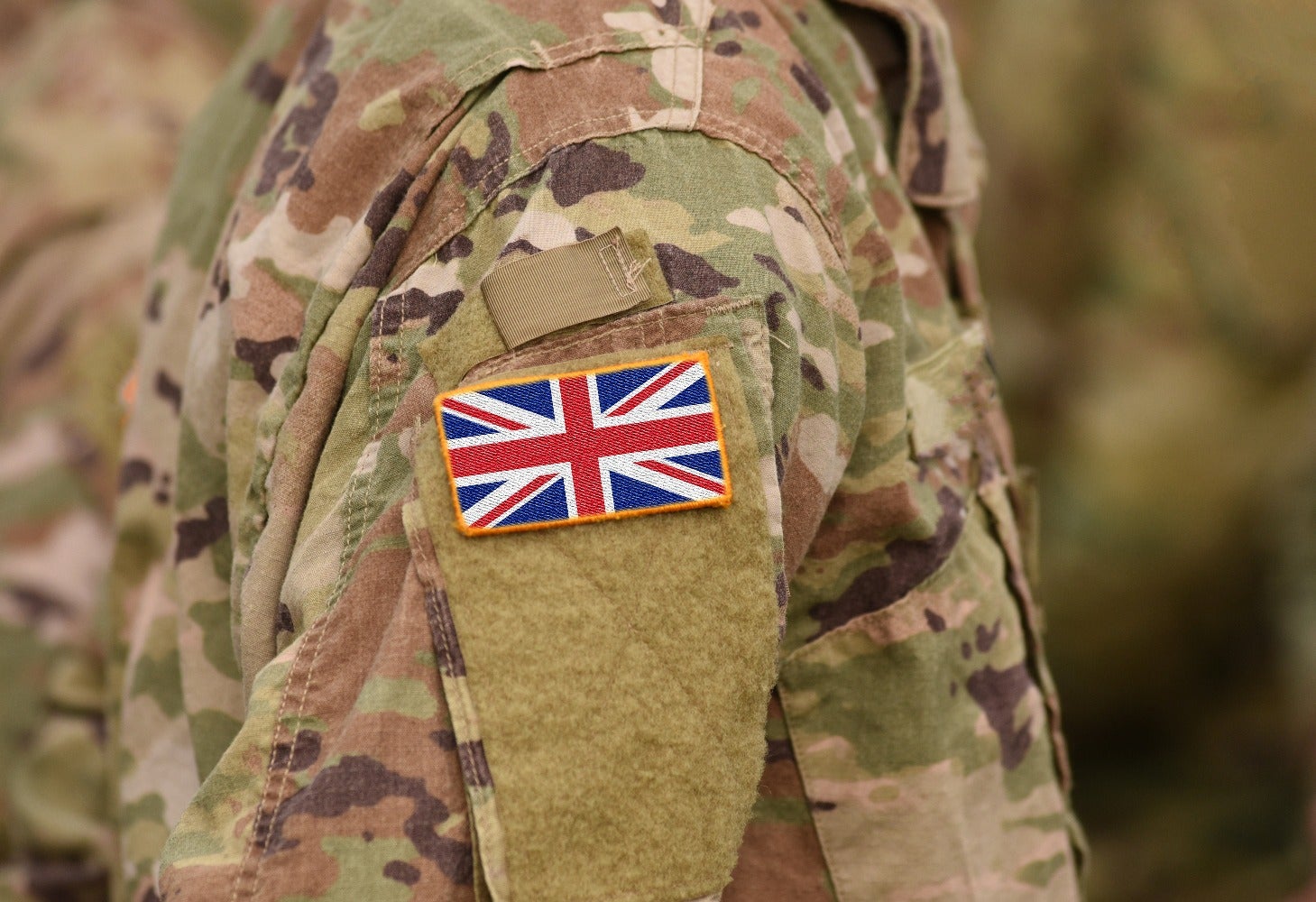The UK Defence Secretary has laid down the vision 2030 for the nation’s Armed Forces. The goal is to ensure that the three branches of the country’s defence (the army, navy and air force) are well prepared to face any kind of threat.
Outlined in GOV.UK’s report ‘Defence in a competitive age’, the UK Armed Forces will be made into a threat-focused integrated force that will be adept at moving across the domains of not just land, sea, air and space, but cyberspace too. The British Army will receive £3bn for the purchase of new vehicles, air defences, drones, long-range rocket systems, electronic warfare and cyber capabilities. Backed by science and a sum of £6.6bn to improve strategic advantage, future research and development (R&D) projects will be focused on delivering state-of-the-art equipment capabilities. The next four years will see a novel weapons development programme backed by an investment of over £60m, which includes artificial intelligence (AI), synthetic/digital systems and space-based capabilities. Also highlighted in the report is the need for a stronger relationship with the industry.
Currently, there is a cultural divide between commercial companies and the Ministry of Defence (MoD), slowing the rate of technological innovation and adoption. Concerns surrounding privacy and data rights due to the masses of data obtained through intelligence, surveillance and reconnaissance (ISR) and similar, as well as the sheer complexity of the defence acquisition process, seem to be a deterrent for some commercial companies and defence primes to partner with the MoD. Acknowledging these challenges, the report claims that “To stay ahead of our adversaries, we also need to make our acquisition and procurement policies and processes more agile.
We will reform acquisition to make it more responsive to the changing nature of the industry. We will also review our procurement practices to enable more small and medium-sized enterprises to participate in defence procurement”.
From a humanitarian standpoint, the ethical issues raised by the prospect of ‘killer robots’ as a by-product of the novel weapons development programme are numerous. Autonomous weapons, those capable of identifying and engaging in action without the need for human operation, present many challenges and questions surrounding the discrepancy of error, the loss of accountability and dignity and potentially igniting a volatile arms race. There is a concern that fully autonomous weapons, without a person-in-the-loop, are incapable of complying with the Law of Armed Conflict (LOAC) principles of distinction and proportionality. The question is if AI systems are able to 100% accurately assess the subtleties and distinctions between a potential enemy or civilian. As states are required to abide by the provisions of International Humanitarian Law (IHL), this challenge may prove to be a vexing one for defence ministries and contractors alike.
Despite these concerns, as with any military technology, the prospect of falling behind in technological acquisition would put those who do not recognise the potential in transformative technologies such as AI at a clear disadvantage. Finding the right structural shift to accelerate such adoption is therefore paramount for the MoD. Defence cooperation organisations can play an instrumental role in initiating and coordinating processes involving force structuring, pooling and sharing, R&D, standardisation and acquisitions. They can drive changes through the initiation of processes, provide the necessary bureaucratic support, be the main procuring agency and allocate funds to crucial R&D areas.
As the report comments, “We need a sustainable industrial base to ensure that the UK has access to the most sensitive and operationally critical areas of capability for our national security and to maximise the economic potential of one of Britain’s most successful and innovative sectors.”





